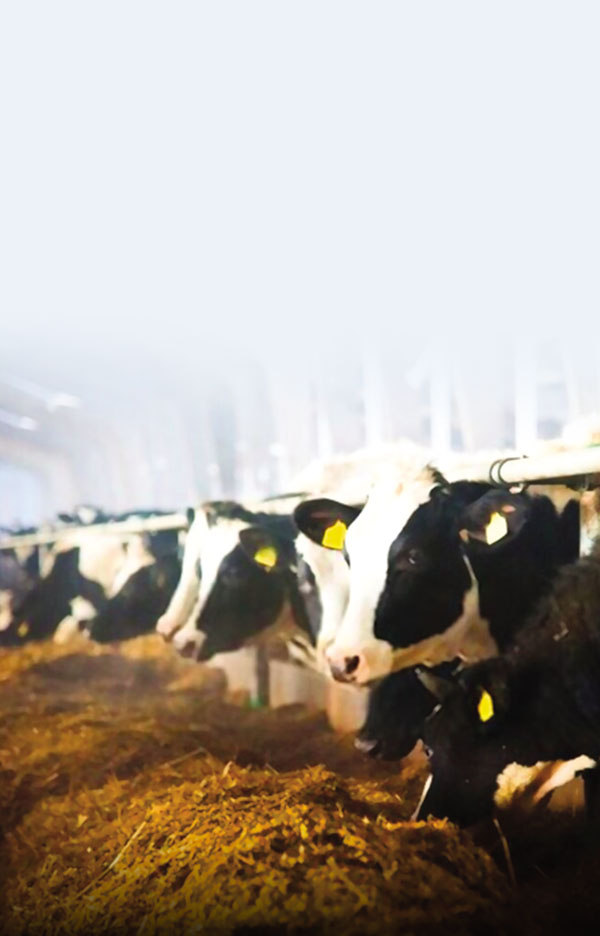
Preamble
Heat stress has major influence on the feed consumption and milk production of cows. High yielding cows (with milk production of 20 to 40 liters) is greatly affected by heat stress. The main reasons are;
- Cows have poor sweating mechanism.
- Heat produced from rumen fermentation process
- Environmental temperature
- Rumen fermentation
- Humidity and air movement
- Open mouth panting and labored breathing
- Body weight loss and reduced rate of weight gains in growing animals
- Increased urination and excessive salivation.
- Sweating and Excessive drooling
- Drop in milk yield (up to 50%). Milk fat and protein contents also drop
- Reduce Dry Matter Intake
- Increased somatic cell count in milk due to risk of Mastitis
- Mammary gland infection and sever udder edema.
- Lower success rates of Artificial insemination and increased embryo mortality.
- Uterine infections, Metritis (inflammation of Uterus), Laminitis (inflammation of laminae of the foot)
- Wetting with water sprinkling called ‘cow cooling’
- Forced Ventilation at Environmentally Controlled Housing (ECH) / sheds.
The content has been developed in joint collaboration between Bank Alfalah and SMEDA.


